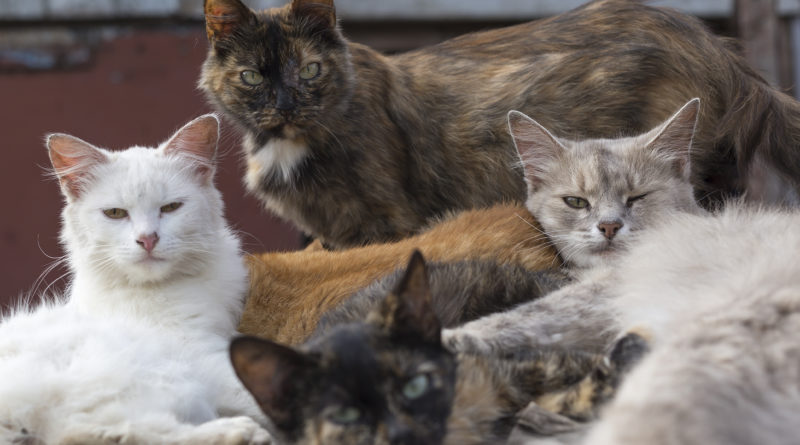New Zealand Village Moves to Ban Cats
4,885 total views, 1 views today
Omaui, a little town on the Southern coast of New Zealand is considering the implementation of a plan to ban cats in a bid to protect native wildlife. This plan, which has caused a lot of controversy, was pushed by the regional council and reported by the Otago Daily Times.
According to the new pest plan proposed by Environment Southland, cat owners who are residents of the village will have to be content with the ones they already have. These cats should also be neutered, micro-chipped,m and registered with the local authorities. The plan assures cat owners that their existing pet can live out their natural lives but prohibits them from getting new domestic ones when their pet dies.
Cats are the primary target because of their tendency to make native birds their prey, thus have become responsible for the extinction of about six bird species in the area including Lyall’s wren. The damage caused by cats to the native flora and fauna have been recorded by trail cameras which serve as a justification for this measure being adopted. It has also been known to have the tendency to attack flightless birds including the national mascot, kiwi.
The aim of the plan is to wipe out introduced species of rats, stoats, and possums. Of course, this news is not going to be met with open arms by pet lovers who claim having cats has considerable benefits.
With a population of about thirty-five people, according to the New York Times, it goes to show that people who want to move into the village will have to leave their feline creatures behind. The cat monitoring plan was met with opposing viewpoints, some in support and some in strong opposition.
John Collins, whose organization is pushing for the ban emphasized that they were not cat-haters as it might seem but they are looking out for the environment by making it wildlife-rich and protecting biodiversity in the area. Supporters further emphasized that cats are too damaging to the nature reserves and bush reserves that are around.
Those on the opposing side brought forth the argument that it would be unhealthy for them to live in their houses without cats to help fight increasing rodents on their properties. Some residents are so shocked with the plan that they are planning a petition against it while some have outrightly refused to observe the cat ban.
The feline population is sure to be on the decrease following the pronouncement. The proposal, if implemented will make the area cat free (and generally predator-free) by 2050. Residents of the town are given two months to comment on this before a final decision will be made.
According to Ali Meade, education and advocacy will be the first tool to be used for those that chose to default. Under the plan, a notice will be issued to anyone that fails to comply with the plan. If it proves ineffective, officials will remove the pets. However, the latter is considered an absolute last resort.

